Koreatown: Cultural Glimpses and Recreating ‘Home’
Today’s rambling and completely unhelpful post brought to you by a Korean BBQ dinner.
Disclaimer: Lose the Map contains affiliate links and is a member of Amazon Services LLC Associates Program. If you make a purchase through an affiliate link, I receive a small commission at no extra cost to you.
The good thing about living in large, diverse cities such as New York, Los Angeles, or London, is that you can get a small taste of different cultures without ever really leaving your city. New York has it’s famous Little Italy (now reduced to about a two block radius) and Chinatown, in addition to many other immigrant neighborhoods. Los Angeles also has diverse cultures clustered around neighborhoods such as Little Armenia, Filipinotown, Little Tokyo and Koreatown.
I hadn’t previously visited Koreatown frequently, but after finding the aforementioned Korean BBQ restaurant (Kang Hodong Baekjeong) and subsequently becoming an addict there, I went back to the neighborhood several times to do some walking around and exploring. After all, it was unacceptable that after three years in LA I was still far from intimately familiar with this area.
Local Tip: If you want even more suggestions for some of the best places to eat in Los Angeles, My Suitcase Journeys has some great tips.
Here is what I found: BBQ restaurants, combination cafe/hookah shops, karaoke places nestled on every corner, and many Christian churches with Sunday services advertised in Korean and (sometimes) English. A superficial view of the place, to be sure – I would have to spend more time here. I walked down the street and would occasionally catch a fragment of a sentence in a different language, usually either Korean or Spanish (a large Latino population has moved in as well), and admired what I could see of a culture I didn’t know much about, from a country I had never visited. All this led me to 1) want to visit South Korea as soon as possible 2) dwell on the immigrant experience in the US, of the pain of having to leave your country and a culture behind, of moving to a new land of different social and cultural norms, and having your new home mold you as well until neither culture completely fits.
Having had a lot of contact with the Greek-American community in Astoria while living in New York, I was always fascinated by these enclaves, mostly composed of expats and first-generation immigrants trying to desperately preserve their heritage or keep some semblance of ‘home’ alive in a new community. My feeling was always that these were people who felt they didn’t 100% belong to either society; they had left Greece too long ago to really have much in common with present-day Greek society, and although they had a lot of pride in and respect for the United States, they still weren’t 100% culturally Americans. I wondered if the situation in Koreatown was similar. Long-term travelers can probably sympathize with those feelings, considering that a nomadic lifestyle leaves you not really ‘belonging’ to any country, knowing that no matter how long you stay somewhere there’s always a sense that you’re a visitor, an outsider (which is not necessarily a bad thing – just a fact).
Of course, those facts also mean that most ethnic enclaves are probably not absolutely genuine representations of the homeland whose immigrants they attract, but they nevertheless give an interesting glimpse into how the first generation interprets ‘home’. And I believe ‘home’ is always an integral part of someone’s identity and character. With all of today’s globalization, international travel, uprooting, most of us still have a need for our culture no matter where we are. Most of us will still smile when we unexpectedly hear someone speaking our language in some dive bar abroad, or hear a song from our country shuffled onto our playlist.
So how can I balance my insatiable desire for travel with my need for home? How do you? Just some thoughts.

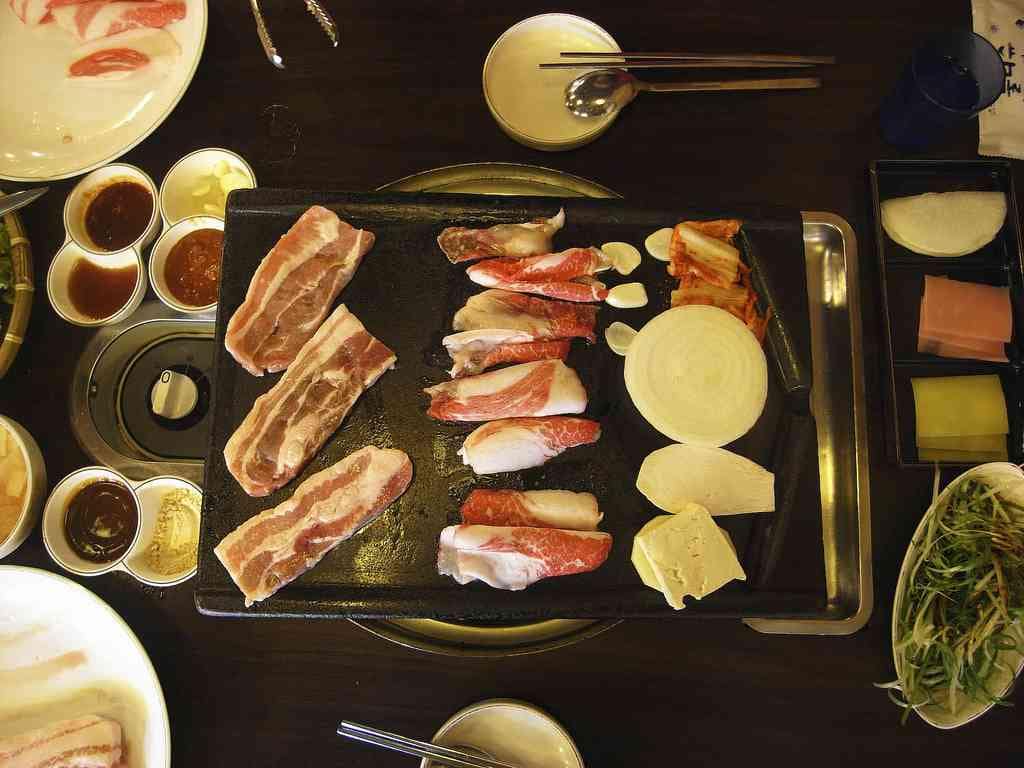
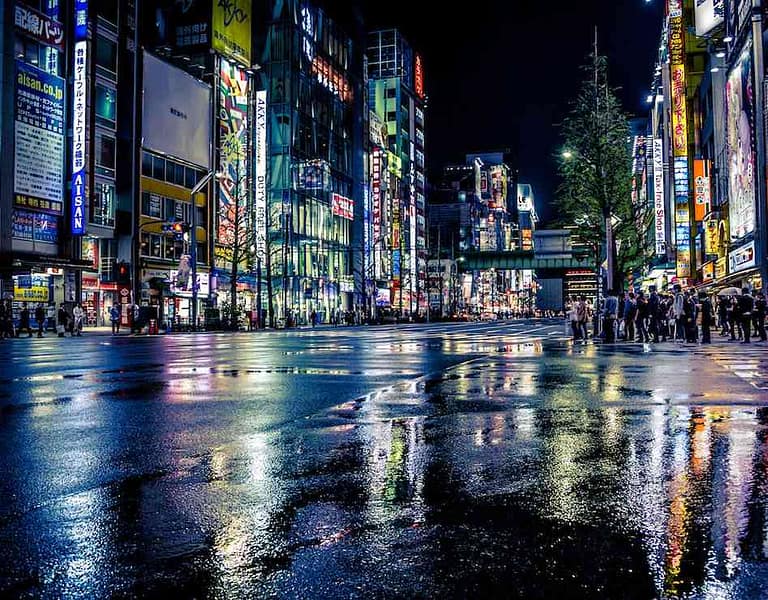
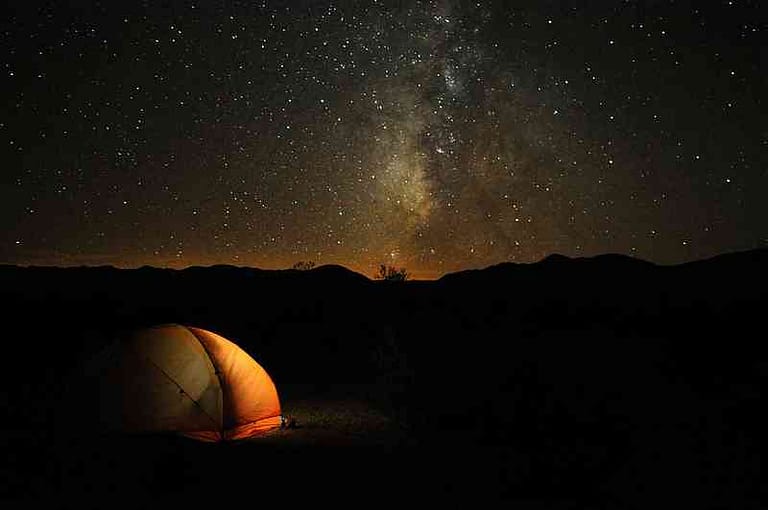

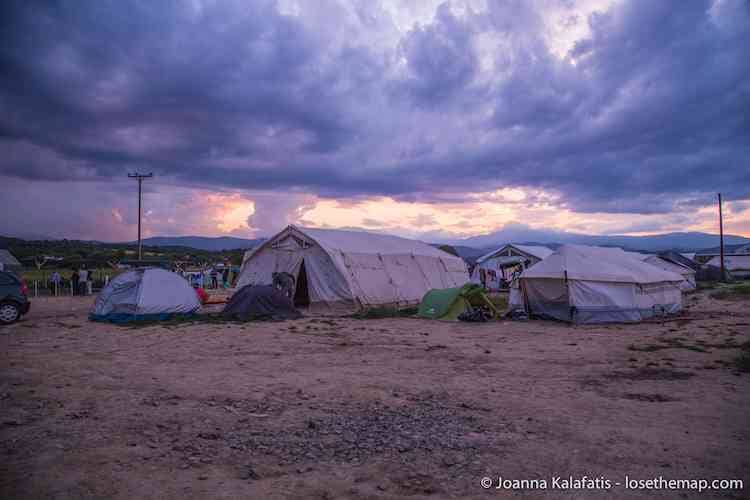

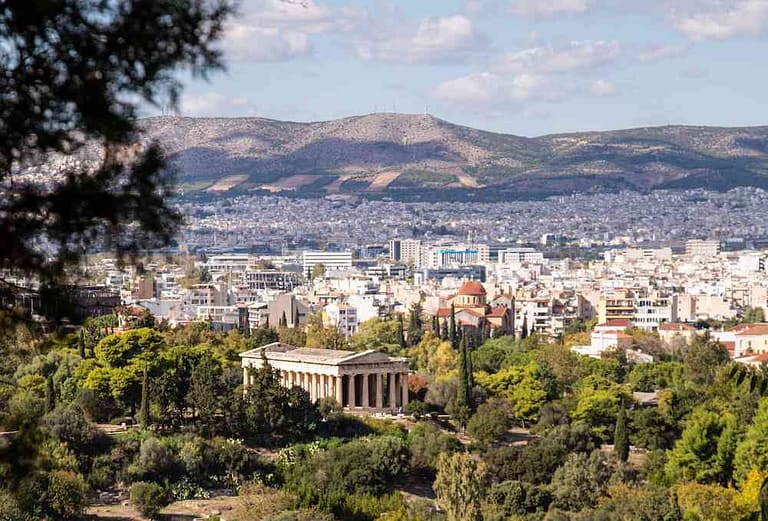
Great Piece! I lived in Korea Town, briefly in LA, and I was always surprised to see how few people would venture, explore, or write about this neighborhood. I’m glad you wrote about Koreatown!
jCrew66 recently posted…Trip Daze: Calistoga’s Mud, Wine, and Good Times